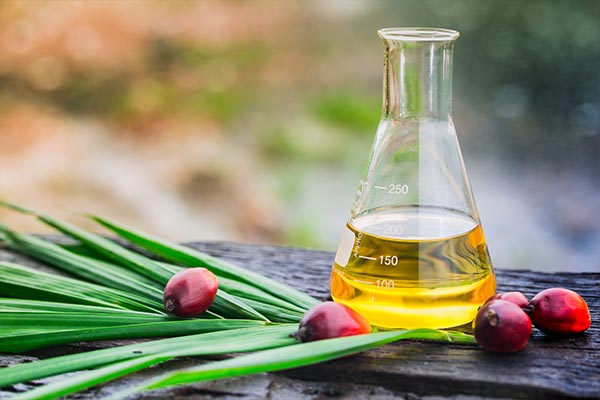Sorbitol comes in powder form and is one of the most popular polyols used in the pharmaceutical, food and confectionery markets in Australia and globally.
Sorbitol is a sweetener manufactured from glucose derived from starch. It is 60 per cent as sweet as sugar and has a noticeable cooling effect in products consumed (food and pharmaceutical).
For a pharmaceutical industry application, sorbitol is an ideal carrier in formulations to improve taste and mouth feel. It also acts as a shelf-life extender and is suitable for use in tablets.
For a food confectionery application, sorbitol is used as a sweetener with a reduced calorie intake compared to sugar.
SUGGESTED APPLICATIONS FOR SORBITOL
- Tablets
KEY PROPERTIES FOR SORBITOL
- Pharmaceutical grade
- Non-GM
PACKAGING SUPPLIED IN
- 20kg or 25kg cartons, depending on grade







